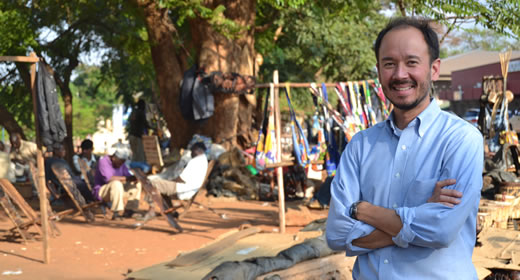
The September 5th print edition of The Economist cites Dean Yang’s work in “Like manna from heaven: How a torrent of money from abroad reshapes an economy.” The article describes how economic migration and the resulting remittances (contributions migrants send home to their families) can reshape an economy.
India’s Kerala region is the primary focus of the article; Kampala is a valuable case study because economic migration has been an influencing factor there for more than four decades. But the article also describes the impact of remittances in Nepal and the Philippines—the latter of which Yang has studied in depth.
“During the Asian financial crisis in 1997-98, the Philippine peso collapsed, increasing the value of remittances to that country,” writes the author, describing how remittances from abroad help reduce child labor, and lead to increases in educational investment. “Dean Yang of the University of Michigan has shown that families responded [to the increased value of remittances] by pulling their children out of jobs and sending them back to school. Girls benefited more than boys.”
Dean Yang is co-director of the Ford School's International Policy Center and a professor of public policy and economics. His research, designed to address global poverty, focuses on international migration, microfinance, health, corruption, and the economics of disasters.